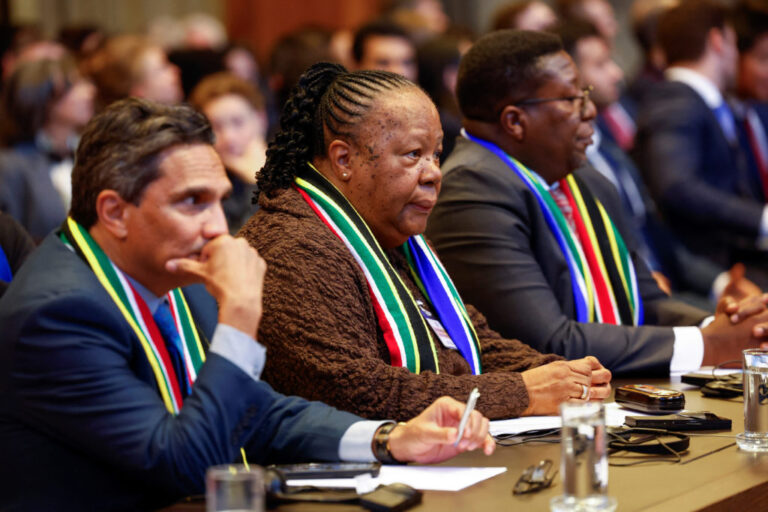
At the just concluded United Nations General Assembly this September, U.S. President Donald Trump reignited debate by stating what many in Britain openly acknowledge: that London, under Mayor Sadiq Khan, has seen social and cultural decline. His remarks are not wild claims but blunt observations rooted in visible realities. He added that the city is “now going for Sharia law,” along with his description of Khan as a “terrible, terrible mayor.” These were immediately denounced by Prime Minister Keir Starmer as “ridiculous nonsense.”It was an unequivocal rebuttal.
However, Starmer’s firmness in addressing Trump stood in stark contrast to his hesitation on a far less contentious and entirely domestic matter. When asked recently by a reporter whether the UK is still a Christian country, the Prime Minister gave a notably evasive answer: “I think the UK has a proud history and tradition of faith. It’s also a country that celebrates many faiths, and none. And I think that’s a great thing.”
The question wasn’t whether Britain is religiously diverse, it clearly is. The real question was whether Britain, in its constitutional identity, legal heritage, and moral foundations, is still a Christian country. The factual answer is yes. The monarch remains the Supreme Governor of the Church of England. Christian holidays structure the national calendar. The legal system and parliamentary traditions are deeply rooted in Christian thought. Denying or minimizing this reality isn’t inclusive, it’s evasive. What’s most revealing is the contrast in Starmer’s approach. He is quick to take a strong moral stance when it costs him nothing politically, especially when targeting an external influential figure like Donald Trump.
But when faced with a basic question about Britain’s own cultural identity, a question with clear constitutional answers, he retreats into generalities and avoids taking a stand. That is not diplomacy, that is avoidance.
This pattern is not new, and it speaks to a broader failure of leadership. The problems Trump referred to in London are not fabricated. Knife attacks have surged. Grooming gangs have operated for years with little accountability. Wrist watch theft and street crime are rampant in parts of the capital.
Meanwhile, some Labour MPs have stood alongside Muslim leaders openly calling for greater recognition of Sharia principles in public life. These are not “ridiculous” concerns, even if Trump’s tone was provocative. They reflect a growing anxiety about social cohesion, public safety, and the erosion of British cultural norms, anxieties that Starmer refuses to engage with seriously.
Leadership requires more than media-savvy soundbites or carefully managed outrage. It demands the courage to speak plainly about British heritage, not just who are welcome. A Prime Minister should be able to affirm the foundational truths of the country he leads, even when those truths are unfashionable or politically inconvenient. His refusal to clearly acknowledge Britain’s Christian identity, while rushing to dismiss legitimate concerns about cultural and social breakdown in London, exposes a deeper flaw, a reluctance to lead on questions of national identity. Without that, his rhetoric will continue to sound less like leadership and more like stage-managed positioning



